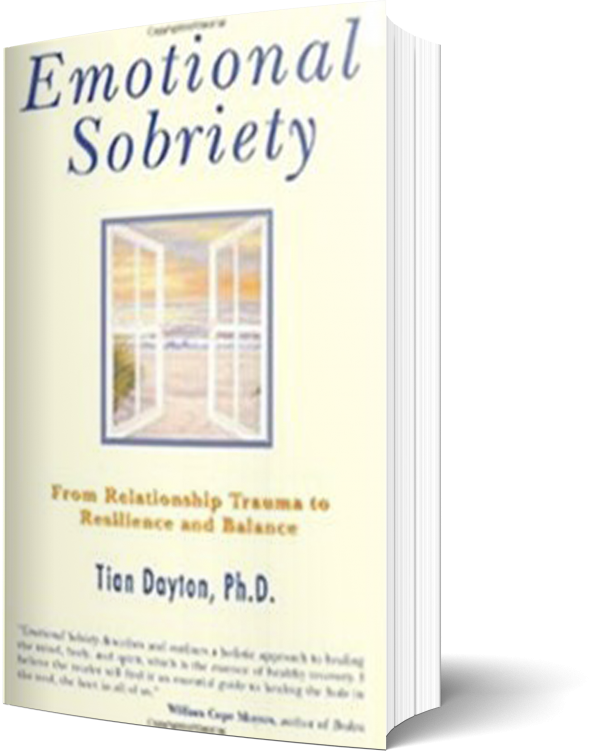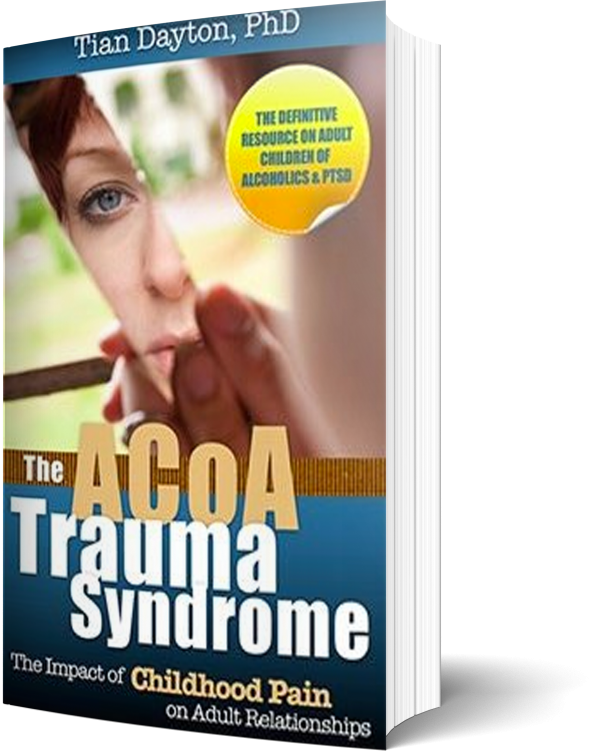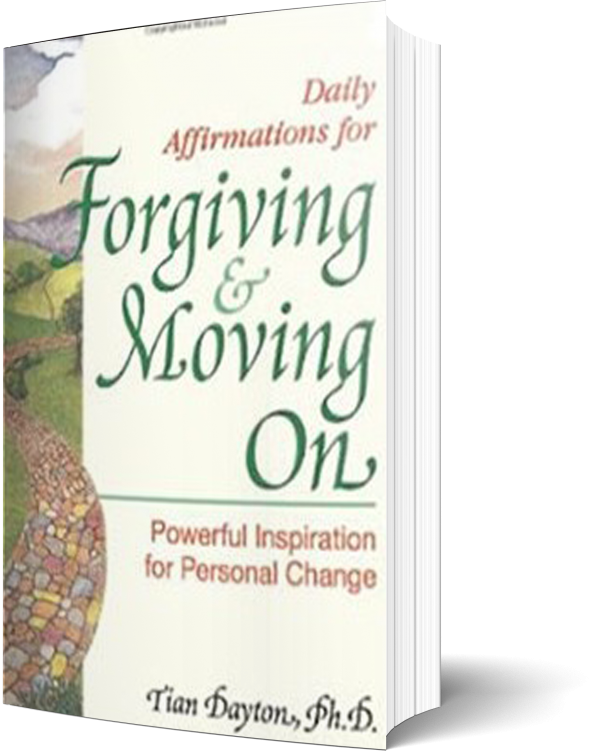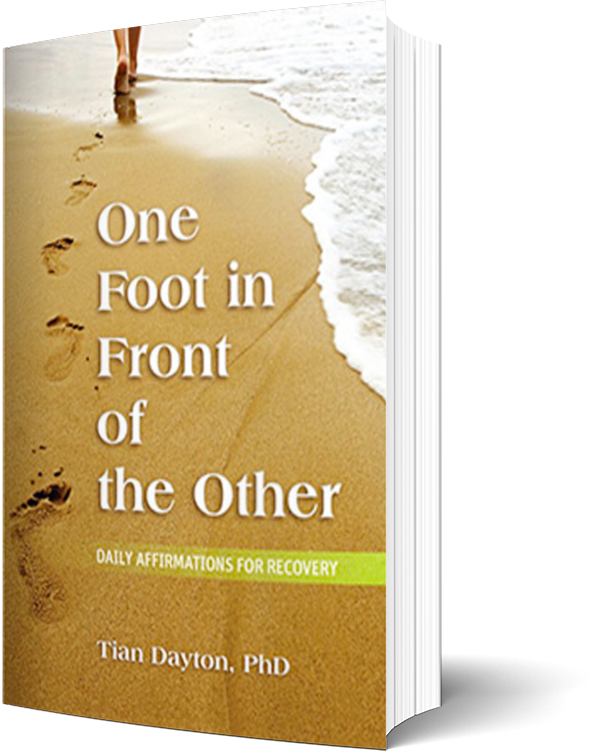Because our emotions are experienced in our bodies, emotions make us want to do something. People aren't built to simply lie back and feel their emotions. The experience of emotions is accompanied by the release of hormones in our bodies, changes in breathing and heart rate along with changes in regional blood supply mean that our emotions are actively affecting us. They are real and corporal not just imagined. Emotion manifests itself in various ways, through changes in facial expression, smiling, sneering, crying, blushing, and so on, but also in complex behaviors like shouting, running away, hugging or lashing out. This body involvement, this urge to act, is the key to understanding why we act out our emotions when we can't tolerate feeling them.Learning to tolerate experiencing our strong emotions so we can use our thinking minds to elevate them into our conscious awareness, put them into perspective and bring them into balance, is key to developing emotional balance.
Though we use the terms interchangeably many researchers think that emotions and feelings are actually different, that basic emotions such as fear, grief, desire, rage and love are hardwired into our bodies and happen "atomically" while our feelings areprocessed by the thinking part of our brain, or the cortex. We become conscious of an emotion only when it has been processed by the cerebral cortex. Once we make our emotions conscious through thinking about them, we can begin to understand our feelings about them so that they can be brought into insight and balance.
This is a small bit of understanding that can go a long way if we apply it to our daily lives. When, in other words, our "basic" emotions get triggered by our best friend standing us up for a dinner, our partner shouting at us or our boss being critical, we have a choice. We can get lost in our hardwired emotional reactions or we can take a couple of deep breaths, calm down and give ourselves time to think through our options. Sometimes, often in fact, the best choice we have is to change our own attitude, to shift from a feeling of helplessness to choice. Changing the way we see or interpret an event can change the way that we experience it. We can find something else to do with our "derailed" evening, for example, and stop worrying about the fact that our plans have been changed. We can remove ourselves from someone else's momentary meltdown and leave them to do discharge by themselves or we can find someone fast who can say some nice things to us in order to ameliorate someone else's criticism. The mind can only be useful to us if we use it.
Weekends can be both time for much needed rest and relaxation or they can feel like too much unstructured time. Our daily routines help us to bind anxiety and put purpose and meaning into our day. When that structure is removed, those feelings that we've been conveniently blocking can work their way up to the surface of our mind and preoccupy us. Another bit of information that can go a long way if we use it. If and when this happens, just remember that you have choices. You can sit down and feel what's going on, maybe share it with a trusted friend or journal about it so that you can gain some understanding and perspective. Process your basic emotions with your thinking mind, in other words. Or you can create a bit of structure in your day in order to feel purposeful. Or both.





